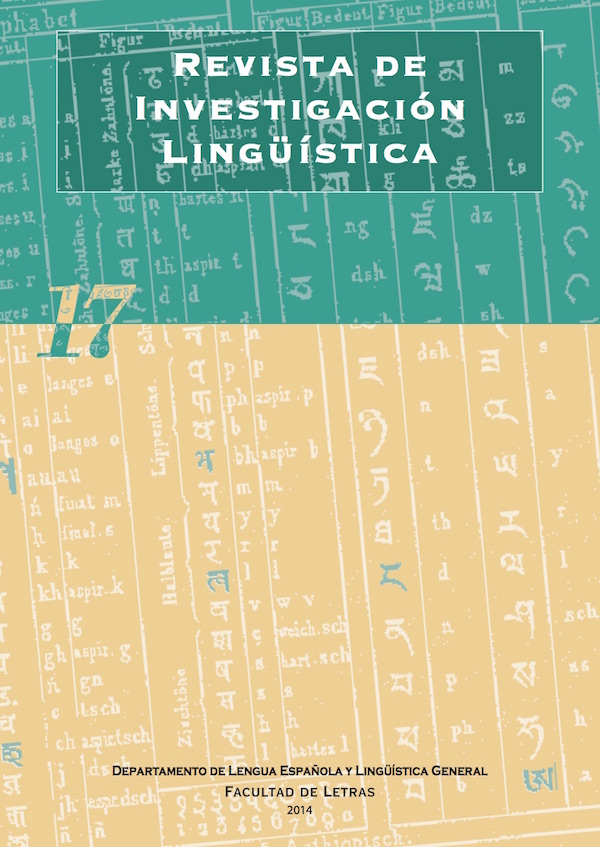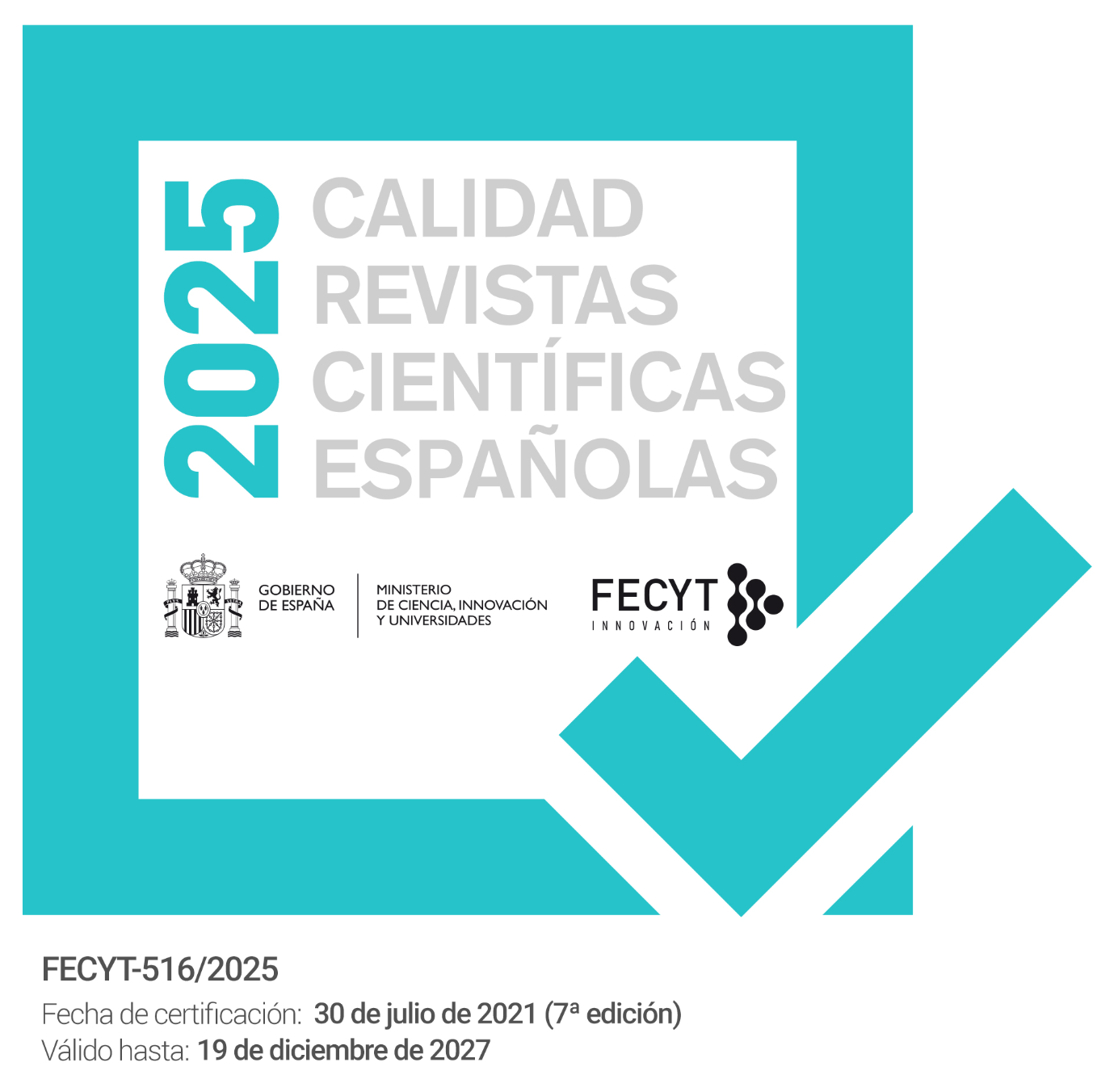Academic discourse practices in economics: a critical approach to evaluation strategies
Abstract
The aim of this work is to carry out a linguistic-critical approach to academic for- mation practices in economics in order to make clear how it is verbally constructed the socio- disciplinary imaginary. The starting point is the idea that disciplinary texts of economics are not exempt from evaluation procedures and that these show an ideological position, although this was not always consciously. A brief approach to academic language and the nature of the studies that have been done on it will allow us to contextualize the disciplinary discourse of economics. was formulated by the Systemic Functional Linguistics in its Appraisal Theory (Martin and White, 2005; Hood, 2005), but considering the contributions of Hunston and Thompson (2000) and Alba-Thompson and Judge (2014).We will use the concept of eva- luation and the basic classification of its com- ponents as it was formulated by the Systemic Functional Linguistics in its Appraisal Theory (Martin and White, 2005; Hood, 2005), but considering the contributions of Hunston and Thompson (2000) and Alba-Thompson and Judge (2014). Finally two texts on growth and poverty will be analyzed in order to see the way they are expressed using different valuation systems and how it can affect the ideological construction of both concepts from the very beginning of the learning of the subject.Downloads
-
Abstract1407
-
PDF (Español (España))749
The works published in this magazine are subject to the following terms:
1. The Publications Service of the University of Murcia (the publisher) preserves the economic rights (copyright) of the published works, and favors and allows the reuse of same under the license of use indicated in point 2.
2. The papers are published in the electronic edition of the magazine under a Creative Commons Attribution-NonCommercial-NoDerivative 3.0 Spain license (legal text). Papers may be copied, used, disseminated, transmitted and publicly exhibited if the following requirements are met: i) The authorship and the original source of its publication (magazine, editorial and URL of the work) must be cited; ii) The works cannot be used for commercial purposes; iii) The existence and specifications of this user license must be explicitly mentioned.
3. Self-archiving conditions. Authors can electronically disseminate pre-print versions (version before being evaluated) and / or post-print versions (version evaluated and accepted for publication). This makes possible its circulation and diffusion earlier and with it a possible increase in its citation and reach among the academic community. RoMEO color: green.










